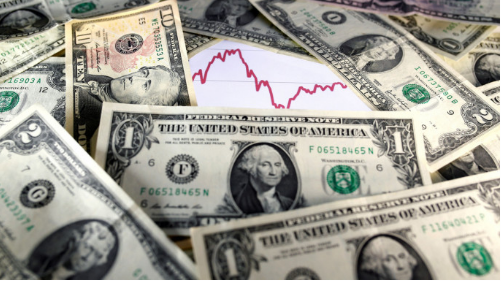The country’s remittance inflow reached approximately $2.48 billion in July, marking a 29% year-on-year increase.
Despite the year-on-year growth, July marked the lowest remittance inflow in six months. The last time remittances were lower was in January this year, at $2.19 billion.
According to central bank data, remittances in July 2024 were $1.91 billion, a period when the country was grappling with widespread protests and a five-day internet shutdown that had a dampening effect on money transfers.
Syed Mahbubur Rahman, managing director and chief executive officer, Mutual Trust Bank (MTB) attributes the overall growth to a reduction in money laundering. “We are currently receiving an average of $2.5 billion in remittances every month,” he told TBS. “The year-on-year growth we are seeing is largely a reflection of a decrease in the demand for illicit money transfers.”
However, Mahbubur also identified two key reasons for the month’s lower-than-usual figure. He explained that remittances typically decrease in the month following Eid. Additionally, he noted that the volatility in the dollar exchange rate in July impacted remittance inflows, as fluctuating rates can influence transfer decisions.
Central bank intervenes in forex market
In the second week of July, the dollar’s value dropped by nearly Tk3. In response, on 13 July, the central bank bought dollars at auction for the first time in its history. It purchased $173 million at a rate of Tk121.50, even though banks were offering to sell at a lower rate of Tk120-Tk120.50.
This move was a clear signal to the market that the central bank intended to increase the rate. The central bank continued this intervention, buying an additional $373 million at the same rate on 15 July, which helped reverse the trend of the falling dollar. Banks are currently collecting remittances at a rate of Tk122-123 per dollar.
According to a country head of a foreign exchange house, a stable dollar rate is crucial. “When the price of the dollar falls and then starts to rise again, it creates an expectation among customers that the price will increase further, which in turn reduces remittance inflows,” he said. “Conversely, if the dollar’s price falls too low, it can lead to a surge in illicit ‘hundi’ transactions.”
In the fiscal year 2024-25, Bangladesh received a record $30.33 billion in remittances, marking the first time the country’s annual remittance inflow has surpassed the $30 billion mark. The highest monthly remittance figure on record was $3.29 billion, received in March of the last fiscal year.
Islami Bank leads in remittance earnings
Among individual banks, Islami Bank Bangladesh received the highest remittances in July at $534 million, followed by Agrani Bank ($247 million) and Krishi Bank ($229 million). BRAC Bank ranked fourth with $178 million.
Additionally, Janata, Dhaka, and Trust Bank each received over $100 million.
Overall, state-owned and specialised banks received a total of $777 million, while private banks accounted for the majority with $1.69 billion.

